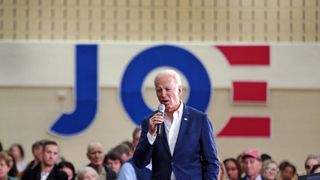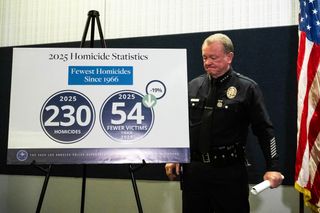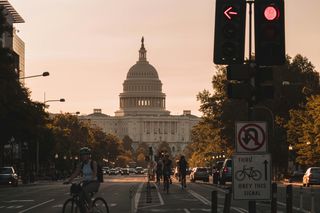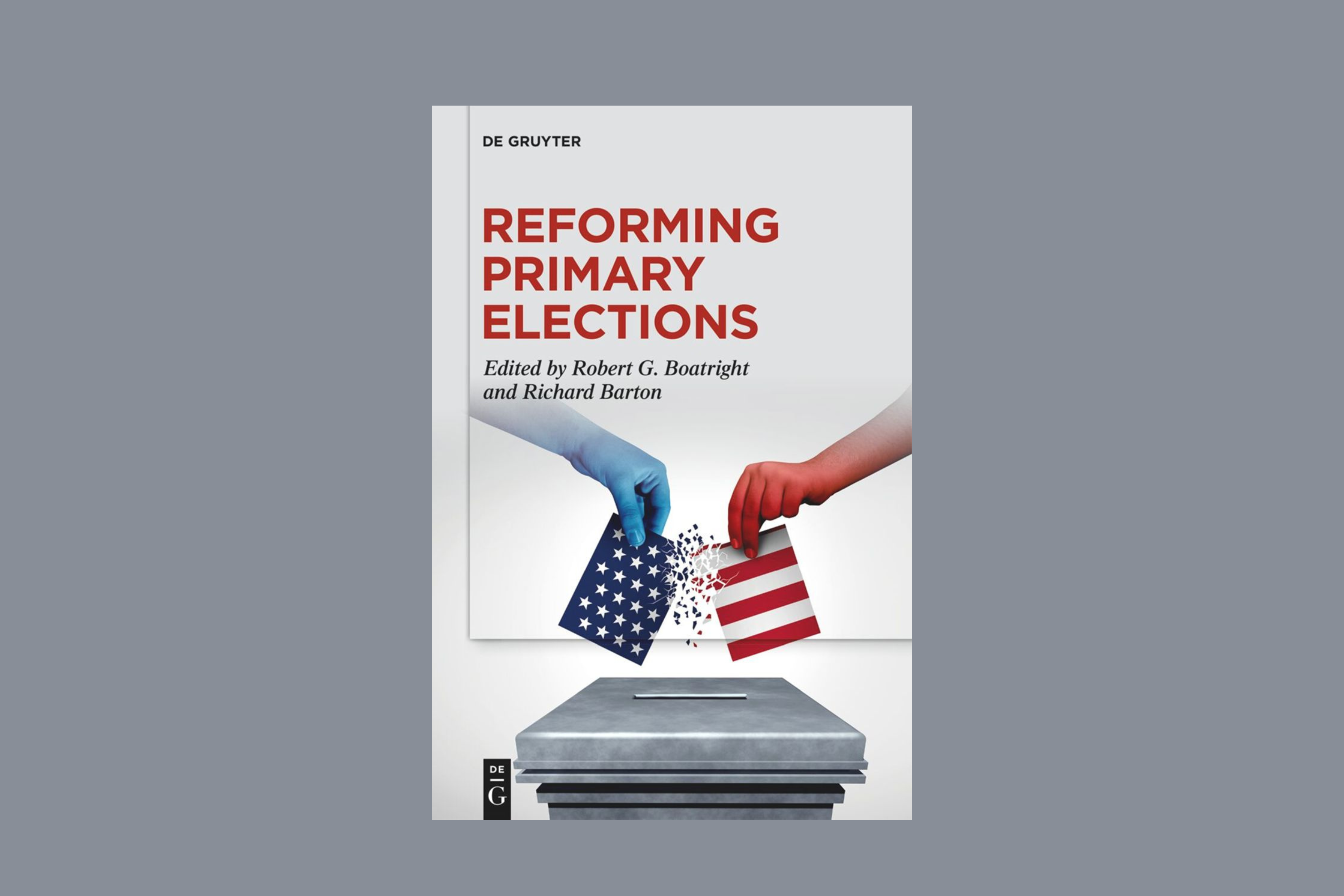Why at this late stage in the US presidential contest – only after the first head-to-head meeting – do Democrats have a much greater feeling of 'buyer’s remorse' about President Joe Biden?
The first presidential debate livestreamed a scalding-hot reality check for Democrats: Donald Trump’s weaknesses will not prevent him from winning an election, while Joe Biden’s will.
At the start of the election year, two in three Americans said they were tired of seeing Biden versus Trump, and wanted alternatives. While a majority of Americans were dissatisfied with their choice for both parties, they could have voted to replace Biden and Trump in the primaries. They didn’t.
In the primaries, Biden won a landslide. He accumulated 95 per cent of the delegates needed to become the presumptive nominee ahead of next month’s Democratic National Convention. In fact, Biden’s renomination bid faced such little resistance that it only took him 38 days to reach the minimum 1,968 delegates required. It took Barack Obama nearly three times as long when he ran for re-nomination in 2012.
As the year has unfolded, it has become clear that Trump’s baggage doesn’t matter.
The Democratic establishment offered up no opposition to Biden. The party leaders, congressmembers, donors and voters endorsed the president’s ambitions for a second term, mostly unopposed. Sure, there was a 650,000-strong turnout of 'uncommitted' protest voters against Biden, but, as the logic went, Democratic voters will come together to bat for Biden when it counts – when it’s Biden against Trump.
Before the debate, this problem with this conventional wisdom should have been apparent. New York Times/Siena polling showed 64 per cent of all voters wanted to replace Biden as nominee, including a demoralising 48 per cent of Biden voters. Greater still, 69 per cent of all voters thought that Biden was too old to be an effective president. A majority, 55 per cent, of Biden voters believed the same. Voters had these concerns about Biden even in the midst of wall-to-wall coverage of Trump’s criminal conviction and following months of well-funded campaigning.
In the 2020 election, the Biden camp had a simple and effective message to encourage voters. “Don’t compare me to the Almighty,” Biden said, “compare me to the alternative.”
Indeed, Biden’s 2020 “compare me to the alternative” strategy was a sort-of admission of his lack of popularity.
And in the context of the Covid pandemic, with a death toll that was rapidly increasing ahead of the election, a sudden economic recession, and a president in Trump with the lowest-ever approval rating seeking re-election, the strategy worked. Biden presented the steady hands needed to deliver America back to normal.
The context for 2024 is vastly different. Biden now must defend his time in office and the burden of events – the Israel-Gaza conflict, withdrawal from Afghanistan, undelivered promises, high costs of living, record numbers of border crossings, and American pessimism about the future. Accordingly, Biden is haemorrhaging support from key support bases that backed him in 2020 – Arab Americans, young voters, black voters, Hispanic voters – while Trump’s favourability increases with distance from his time in the White House.
The cornerstone of Biden’s messaging strategy hasn’t changed. He still wants Americans to compare him to the alternative. The problem is that a “bad night” on the debate stage tore a gaping hole in his safe-hands and competency thesis. The “alternative” was an afterthought.
As the year has unfolded, it has become clear that Trump’s baggage doesn’t matter. Conviction does (and not the criminal kind).
Trump in 2016 gloated that he “could stand in the middle of Fifth Avenue and shoot somebody … and wouldn’t lose any voters.” With, so far, 91 felony charges over four states, 34 criminal convictions, a finding of liability for sexual abuse and a more than US$350 million penalty in a New York civil fraud case in the months since announcing his re-election bid, Trump’s bravado appears true.
And none of this has depressed enthusiasm for his candidacy from within his base – indeed, each indictment only boosted the support from within the Republican party, turning his legal woes into political assets and campaign money. Donations surged to US$52.8 million in a single day after his guilty verdict in New York in May. Even his main Republican rival in a crowded, open primary season, Nikki Haley, who called Trump “totally unhinged”, went onto endorse his renomination bid.
Both Biden and Trump have weaknesses. Both carry baggage. But the difference between the candidates, and Trump’s major advantage, is the number of enthusiastic supporters who will stand by him whatever the cost or the scandal.
There are four motivations for voter turnout: love, hate, hope, fear. For the Biden team, a message of fear, therefore, is not enough to secure a victory when Trump can inspire all four in his favour.
Democrats need a new strategy. There needs to be something for Democrats to believe in to drive turnout at the ballot box. Voters need a reason to brave the cold in November, stand in long queues, drive for miles to their polling stations, and put a vote in for the name on the Democrat ticket. It is no longer enough to depend on vagaries about a “battle for the soul of the nation”.
Whether it’s a message, or a new candidate, Democrats need to move fast. The election is in less than 120 days. And no one is getting any younger.









.png?rect=0,3,6000,3994&w=320&h=213&auto=format)